Your Guide to Ibogaine Treatment in Costa Rica
Costa Rica has emerged as a destination for various alternative therapies, including ibogaine therapy. This naturally occurring psychoactive substance, derived from the Tabernanthe iboga plant, is often sought by individuals worldwide for its reported potential in treating addiction, particularly opioid dependence, and addressing other mental health conditions like PTSD, depression, and anxiety. While clinics do operate in the country catering to international patients, it's crucial to understand the nuances of its legal status and the importance of choosing a reputable and medically supervised facility.
Is Ibogaine Therapy Legal in Costa Rica for International Patients?
"Ibogaine and its chemical derivative, ibogaine, are not explicitly illegal in Costa Rica, but they are also not regulated, creating a legal 'gray area' for its use in therapeutic settings."
While ibogaine is not listed as a controlled substance in Costa Rica in the same way it is in some other countries (like the United States, where it's a Schedule I substance), it also lacks formal regulation and sanitary registration by the Ministry of Health. This means that while clinics offering ibogaine treatment exist and cater to international visitors, these practices are not officially authorized or overseen by the government. The Costa Rican Ministry of Health has issued warnings against the advertising, use, and consumption of ibogaine for therapeutic purposes due to this lack of sanitary registration and proper evaluation, emphasizing potential public health risks. Patients considering ibogaine therapy in Costa Rica should be aware of this unregulated environment and prioritize facilities that demonstrate a strong commitment to safety and medical oversight despite the absence of formal governmental regulation.
What is Ibogaine and How Does it Work?
"Ibogaine is a psychoactive alkaloid derived from the root bark of the Tabernanthe iboga shrub, traditionally used in West African spiritual practices, and is thought to work by acting on multiple neurotransmitter systems in the brain to reduce withdrawal symptoms and cravings."
Ibogaine's complex pharmacology involves interactions with various receptors, including opioid, serotonin, and dopamine systems. This multi-target action is believed to be responsible for its purported ability to interrupt addiction cycles. Many patients report a "dream-like" or visionary experience during the acute phase of ibogaine treatment, which can offer deep psychological insights into the root causes of their addiction or trauma. Following this intense phase, a period of introspection and reflection typically occurs. While research is ongoing, it is thought that ibogaine may promote neuroplasticity, essentially "rewiring" the brain and offering new perspectives on self-destructive behaviors. The active metabolite of ibogaine, noribogaine, has a long half-life and may contribute to the prolonged anti-craving effects often reported after treatment.
What Conditions Can Ibogaine Therapy Potentially Treat?
"Ibogaine therapy is primarily explored for its potential in treating substance use disorders, especially opioid addiction, but anecdotal reports also suggest benefits for alcohol, cocaine, methamphetamine dependence, and conditions like PTSD, depression, and anxiety."
The most significant interest in ibogaine treatment stems from its reported efficacy in interrupting opioid withdrawal symptoms and reducing cravings. Individuals seeking an alternative to traditional detox methods often turn to ibogaine due to claims of minimal to no withdrawal discomfort. Beyond opioids, there's growing interest in its application for other substance use disorders. Furthermore, some individuals seek ibogaine to address underlying psychological issues that contribute to addiction or general mental health challenges. The psychedelic experience associated with larger doses is believed by some to facilitate psychological processing and healing, leading to improved mood and reduced symptoms of conditions like PTSD, depression, and anxiety.
What Are the Typical Costs of Ibogaine Treatment in Costa Rica?
"The cost of ibogaine treatment in Costa Rica typically ranges from $3,000 to $8,000 for multi-day programs, with prices varying based on the clinic's amenities, duration of stay, and included services like pre-screening and aftercare."
Compared to some Western countries where ibogaine is either illegal or strictly regulated (making legal access difficult and expensive), Costa Rica can offer a more accessible option. However, the price reflects not just the substance itself but the comprehensive support and care provided by reputable centers. This often includes initial medical evaluations, personalized dosing protocols, on-site medical supervision during the acute phase, comfortable accommodations, meals, and often some form of psychological counseling or integration support after the primary ibogaine experience. When evaluating costs, it's essential to understand exactly what is included to ensure a safe and supportive environment for ibogaine therapy.
How Long Does an Ibogaine Treatment Program in Costa Rica Last?
"An ibogaine treatment program in Costa Rica typically lasts between 5 to 8 days, though the intense acute phase of the ibogaine experience itself usually spans 24-36 hours, followed by a period of rest and integration."
The duration of the overall program allows for crucial pre-treatment preparation and post-treatment integration. Before the ibogaine administration, patients typically undergo thorough medical screenings, psychological evaluations, and a period of acclimatization. The acute phase, where the ibogaine is administered, is the most intense, often lasting a full day and night. Following this, patients need time to rest, recover, and begin processing their experiences. Reputable centers provide a supportive environment for this integration phase, which may include light activities, nutritional support, and initial counseling sessions. The longer duration ensures proper medical oversight and a more holistic approach to healing and recovery for those undergoing ibogaine therapy.
What Medical Screenings Are Required Before Ibogaine Therapy?
"Before undergoing ibogaine therapy, comprehensive medical screenings are crucial and typically include an electrocardiogram (ECG) to assess heart health, liver and kidney function tests, and a full blood panel to rule out any pre-existing conditions that could pose risks."
Given the potential cardiac risks associated with ibogaine, a thorough assessment of cardiovascular health is paramount. An ECG helps identify any underlying heart rhythm abnormalities. Liver and kidney function tests are also vital as these organs are involved in metabolizing and eliminating substances from the body. Additionally, a detailed medical history and a full physical examination are conducted to ensure the patient is a suitable candidate for ibogaine treatment. Some clinics may also require a psychological evaluation to assess mental stability and preparedness for the intense experience. These screenings are critical for patient safety, allowing the medical team to tailor the ibogaine dosage and protocols to the individual's specific health profile.
What Are the Potential Risks and Side Effects of Ibogaine?
"The potential risks of ibogaine therapy include serious cardiac complications like bradycardia and QT prolongation, neurological issues such as seizures or ataxia, and psychological side effects like anxiety, paranoia, or psychosis, especially in unsupervised or improperly screened settings."
While often lauded for its potential benefits, ibogaine is a potent substance with known risks. The most significant concern is its effect on the heart, particularly the risk of arrhythmias, which can be life-threatening. This is why thorough medical screening, especially a cardiac evaluation, is non-negotiable. Other physical side effects during the acute phase can include nausea, vomiting, tremors, and impaired coordination (ataxia). Psychologically, some individuals may experience intense or challenging visions, anxiety, or disorientation. In rare cases, and particularly without proper medical supervision, more severe psychological reactions or prolonged psychiatric issues have been reported. It is crucial that ibogaine treatment is administered in a medically supervised setting with emergency protocols in place to mitigate these risks.
How to Choose a Safe and Reputable Ibogaine Clinic in Costa Rica?
"To choose a safe and reputable ibogaine clinic in Costa Rica, prioritize facilities that offer comprehensive medical pre-screening, on-site medical staff (doctors and nurses), emergency medical equipment, a clean and supportive environment, and transparent communication about their protocols and success rates."
Given the unregulated nature of ibogaine therapy in Costa Rica, selecting a clinic with a strong emphasis on patient safety and medical professionalism is critical. Look for clinics that require extensive medical evaluations before acceptance. Inquire about the qualifications of their medical team, including doctors and nurses, and ensure they are on-site 24/7 during the ibogaine administration phase. A reputable clinic will have emergency medical equipment readily available and clear protocols for handling adverse events. Furthermore, transparency about their ibogaine sources, dosing strategies, and a focus on post-treatment integration support are strong indicators of a professional and responsible facility. Reading patient testimonials and seeking recommendations from trusted sources can also be helpful in identifying a reliable ibogaine treatment center.
What is the Aftercare and Integration Process Like After Ibogaine Therapy?
"Effective aftercare and integration are crucial after ibogaine therapy, typically involving psychological counseling, participation in support groups, developing healthy routines, and relapse prevention strategies to sustain the positive outcomes of the treatment."
Ibogaine is often considered a tool for interrupting addiction, but it is not a standalone cure. The period following the acute ibogaine experience is vital for processing insights gained and building new coping mechanisms. Reputable clinics will offer or recommend ongoing psychological support, which can include individual therapy, group sessions, or coaching. Integration involves helping patients bridge the insights from their ibogaine journey into their daily lives, addressing underlying traumas, and developing healthier behavioral patterns. This may include lifestyle changes, stress management techniques, and connecting with a supportive community. The long-term success of ibogaine treatment is heavily dependent on the quality and commitment to this aftercare and integration phase.
What is the Success Rate of Ibogaine Therapy?
"The success rate of ibogaine therapy is challenging to quantify definitively due to limited large-scale clinical trials; however, observational studies and anecdotal reports suggest that many individuals experience significant reductions in withdrawal symptoms and cravings, with some achieving long-term abstinence, especially when combined with robust aftercare."
While there isn't a universally accepted "success rate" percentage for ibogaine treatment, available data and patient experiences are often encouraging. Studies have noted an immediate and dramatic reduction or elimination of opioid withdrawal symptoms for a significant majority of individuals. Long-term abstinence rates vary, with some studies indicating around 30-50% achieving sustained sobriety for a year or more. The efficacy of ibogaine appears to be highest when used as part of a comprehensive recovery plan that includes thorough pre-screening, medically supervised administration, and extensive post-treatment integration and support. It's important to have realistic expectations and understand that ibogaine is a powerful intervention that can facilitate change, but sustained recovery requires ongoing commitment and effort.
Can Ibogaine Therapy Be Used for Non-Addiction Related Issues?
"While primarily known for addiction treatment, ibogaine therapy is also being explored for its potential in addressing non-addiction related issues such as PTSD, depression, and anxiety, due to its reported capacity to provide deep psychological insights and emotional processing."
The introspective and visionary aspects of the ibogaine experience are believed by some to facilitate a deep dive into psychological roots of various mental health challenges. Individuals seeking relief from chronic depression, persistent anxiety, or the lingering effects of PTSD have reported profound shifts in perspective and emotional release after ibogaine treatment. The substance's potential to promote neuroplasticity may also contribute to resetting neural pathways associated with these conditions. However, it's important to note that research on ibogaine's efficacy for non-addiction issues is even more limited than for addiction, and its use for these purposes is largely based on anecdotal evidence and theoretical frameworks. Always consult with a qualified mental health professional when considering such treatments.
Are There Any Legal Risks for International Patients Receiving Ibogaine in Costa Rica?
"While ibogaine is not strictly illegal in Costa Rica, international patients face potential legal risks related to its unregulated status, including the absence of government oversight, lack of consumer protection, and potential legal issues upon returning to countries where ibogaine is classified as an illegal substance."
The "gray area" legal status in Costa Rica means that ibogaine clinics operate without official government licensure or regulation. This can lead to variations in safety standards and ethical practices. For international patients, there's no official recourse through the Costa Rican government if something goes wrong. Furthermore, upon returning to their home country, individuals may face legal consequences if ibogaine is classified as an illegal drug there, even if the treatment was received in a country where it was permissible. Patients should thoroughly research their home country's laws regarding ibogaine before traveling for treatment in Costa Rica to avoid any unforeseen legal complications.
What Should International Patients Look for in a Costa Rican Ibogaine Clinic?
"International patients seeking ibogaine therapy in Costa Rica should look for clinics that provide a clear medical protocol, employ highly trained and experienced medical staff, offer transparent pricing without hidden fees, provide pre-arrival support and post-treatment integration planning, and maintain a high standard of cleanliness and patient comfort."
A reputable clinic for ibogaine treatment will prioritize patient safety and well-being above all else. This includes a robust medical intake process, continuous medical monitoring during the treatment, and a dedicated team of professionals who understand the complexities of ibogaine pharmacology and its psychological effects. Clear communication about the entire process, from initial inquiry to aftercare, is a hallmark of a trustworthy facility. Patients should also inquire about the clinic's emergency procedures, access to local medical facilities, and the availability of psychological support for processing the experience. Clinics that foster a supportive and ethical environment are essential for a safe and potentially transformative ibogaine journey.
How Does Ibogaine Compare to Traditional Addiction Treatments?
"Ibogaine differs significantly from traditional addiction treatments as it often aims for a rapid, single-session interruption of withdrawal symptoms and cravings, unlike conventional approaches that typically involve longer-term detoxification, medication-assisted treatment (MAT), and extensive behavioral therapies over weeks or months."
Traditional addiction treatments, such as those found in many Western healthcare systems, typically involve a multi-faceted approach. This often begins with a medically supervised detox to manage withdrawal symptoms using conventional medications. This is usually followed by ongoing therapy, counseling, and support groups, potentially combined with maintenance medications like methadone or buprenorphine for opioid use disorder. Ibogaine, on the other hand, is sought for its potential to "reset" the brain's addiction pathways quickly, often in a single, intense session. While it can be highly effective in reducing immediate withdrawal and cravings, it is not a replacement for the long-term psychological work and lifestyle changes that are fundamental to sustained recovery. The ideal approach often involves integrating ibogaine therapy into a broader recovery plan that includes traditional therapeutic elements.
Are There Any Restrictions on Who Can Receive Ibogaine Therapy in Costa Rica?
"While specific clinic policies may vary, general restrictions for ibogaine therapy in Costa Rica often include individuals with severe pre-existing heart conditions, liver or kidney disease, certain psychiatric disorders like active psychosis, or those currently on medications that could interact negatively with ibogaine."
Due to the potent nature of ibogaine and its potential side effects, particularly on the cardiovascular system, responsible clinics will have strict exclusion criteria. Anyone with a history of serious heart problems, such as arrhythmias or structural heart disease, is typically not a candidate. Impaired liver or kidney function can also be a contraindication as these organs are vital for metabolizing the substance. Certain mental health conditions, especially those involving psychosis, may also preclude individuals from receiving ibogaine due to the intense psychological experience it can induce. It is paramount that patients are fully transparent about their medical history and current medications during the screening process to ensure their safety.
What is the Role of a "Sitter" or Guide During Ibogaine Therapy?
"The role of a 'sitter' or guide during ibogaine therapy is to provide continuous, non-judgmental support and monitoring, ensuring the patient's physical safety, emotional comfort, and psychological grounding throughout the intense ibogaine experience."
During the acute phase of ibogaine treatment, which can be profoundly challenging and disorienting, a trained sitter or guide plays a critical role. This individual monitors vital signs, provides reassurance, assists with any physical discomfort, and helps to create a safe and contained environment. They do not typically interpret the patient's visions but are present to offer a stable presence and help navigate any moments of fear or confusion. Their constant presence is essential for immediate response to any adverse physical reactions and for providing a sense of security during a deeply altered state of consciousness. In reputable clinics, sitters work closely with medical staff to ensure comprehensive care and monitoring.
Can I Bring My Own Medications to an Ibogaine Clinic in Costa Rica?
"It is generally not advisable to bring or continue taking personal medications during ibogaine therapy without explicit approval and supervision from the clinic's medical staff, as many substances can interact dangerously with ibogaine."
Ibogaine has complex pharmacological interactions with a wide range of medications, including opioids, benzodiazepines, antidepressants, and other psychoactive substances. Combining ibogaine with certain drugs can increase the risk of serious side effects, including cardiac complications, seizures, or respiratory depression. Reputable ibogaine clinics will require a full disclosure of all medications and supplements being taken during the pre-screening process. They will then provide a clear protocol for tapering off or discontinuing any conflicting medications before ibogaine administration. Self-medicating or withholding information about current prescriptions can be extremely dangerous and is strongly discouraged.
What is the Difference Between Ibogaine and Iboga?
"Ibogaine is a specific alkaloid extracted from the Tabernanthe iboga plant, whereas iboga refers to the plant itself, which contains a variety of alkaloids, with ibogaine being the most well-known for its psychoactive and anti-addictive properties."
While often used interchangeably, there is a distinction. Iboga is the root bark of the plant, which is sometimes used in traditional ceremonies in its raw or powdered form. This form contains a spectrum of iboga alkaloids, not just ibogaine. Ibogaine is the isolated compound that is typically administered in therapeutic settings to ensure precise dosing and to minimize the intake of other less-studied alkaloids that might have different effects or greater toxicity. The controlled administration of isolated ibogaine is generally considered a safer and more predictable approach for addiction treatment than consuming the whole plant material, though some traditional practitioners prefer the holistic effects of the full plant.
Is Ibogaine a Cure for Addiction?
"Ibogaine is not considered a 'cure' for addiction but rather a powerful tool that can interrupt the physical dependence and psychological patterns associated with substance use, providing a window of opportunity for individuals to pursue long-term recovery and healing."
While ibogaine can dramatically reduce or eliminate withdrawal symptoms and cravings, it does not erase the underlying psychological, emotional, or social factors that contribute to addiction. It offers a unique opportunity for individuals to achieve a state of physical sobriety and mental clarity, free from the immediate grip of addiction. This "reset" can be profoundly transformative, but sustained recovery requires dedicated effort in therapy, lifestyle changes, and building a supportive network. Clinics that promote ibogaine as a standalone cure without emphasizing the need for comprehensive aftercare are often misleading and should be approached with caution. True healing from addiction is a journey, not a single event.
How Can I Prepare for Ibogaine Therapy in Costa Rica?
"Preparing for ibogaine therapy in Costa Rica involves physical optimization through detoxification and healthy living, mental preparation through psychological counseling and setting intentions, and practical planning including travel arrangements and understanding clinic protocols."
Physical preparation often includes abstaining from certain substances, following a healthy diet, and engaging in light exercise to optimize the body's readiness. Mentally, individuals are encouraged to engage in self-reflection, journaling, and potentially counseling to explore their intentions for treatment and to mentally prepare for the intense experience. It's helpful to approach the ibogaine journey with an open mind and a willingness to confront difficult emotions. Practically, this involves arranging travel, ensuring all necessary documents are in order, communicating thoroughly with the chosen clinic, and understanding their specific pre-treatment instructions. Being well-prepared physically, mentally, and logistically can significantly enhance the safety and effectiveness of the ibogaine treatment.
What is the Experience of Ibogaine Treatment Like?
"The experience of ibogaine treatment is often described as a profound, multi-phased journey beginning with an acute visionary or dream-like state, followed by a reflective period of introspection, and ultimately leading to a sense of clarity and reduced cravings."
The initial phase, often called the "visionary" or "oneirophrenic" phase, can last for several hours. During this time, individuals may experience vivid visual imagery, memory recall, and a sense of deep psychological processing. This can be intense and challenging but is often reported as insightful. Following this, the "waking dream" or "introspective" phase begins, lasting longer, where the visual component lessens, and individuals experience a more contemplative state, often feeling a profound sense of inner peace and detachment from cravings. Physical sensations during both phases can include nausea, ataxia (difficulty with coordination), and mild tremors. While the experience is unique for everyone, proper medical supervision ensures comfort and safety throughout this transformative process.
Explore PlacidWay for comprehensive solutions related to medical tourism, healthcare services, and other relevant offerings to plan your health journey with confidence.



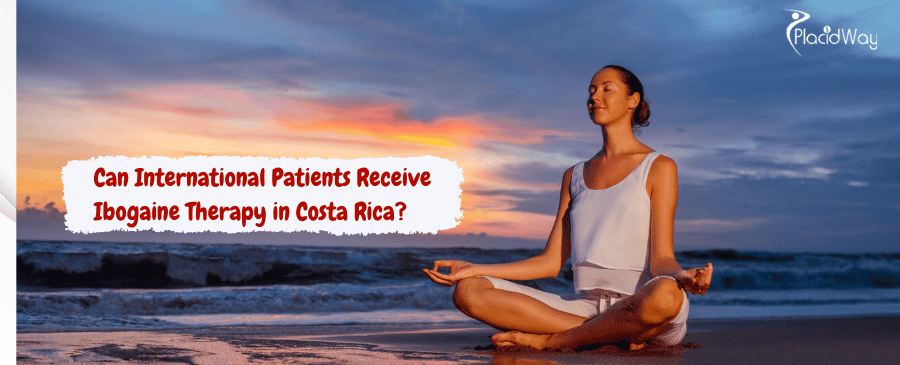

.png)
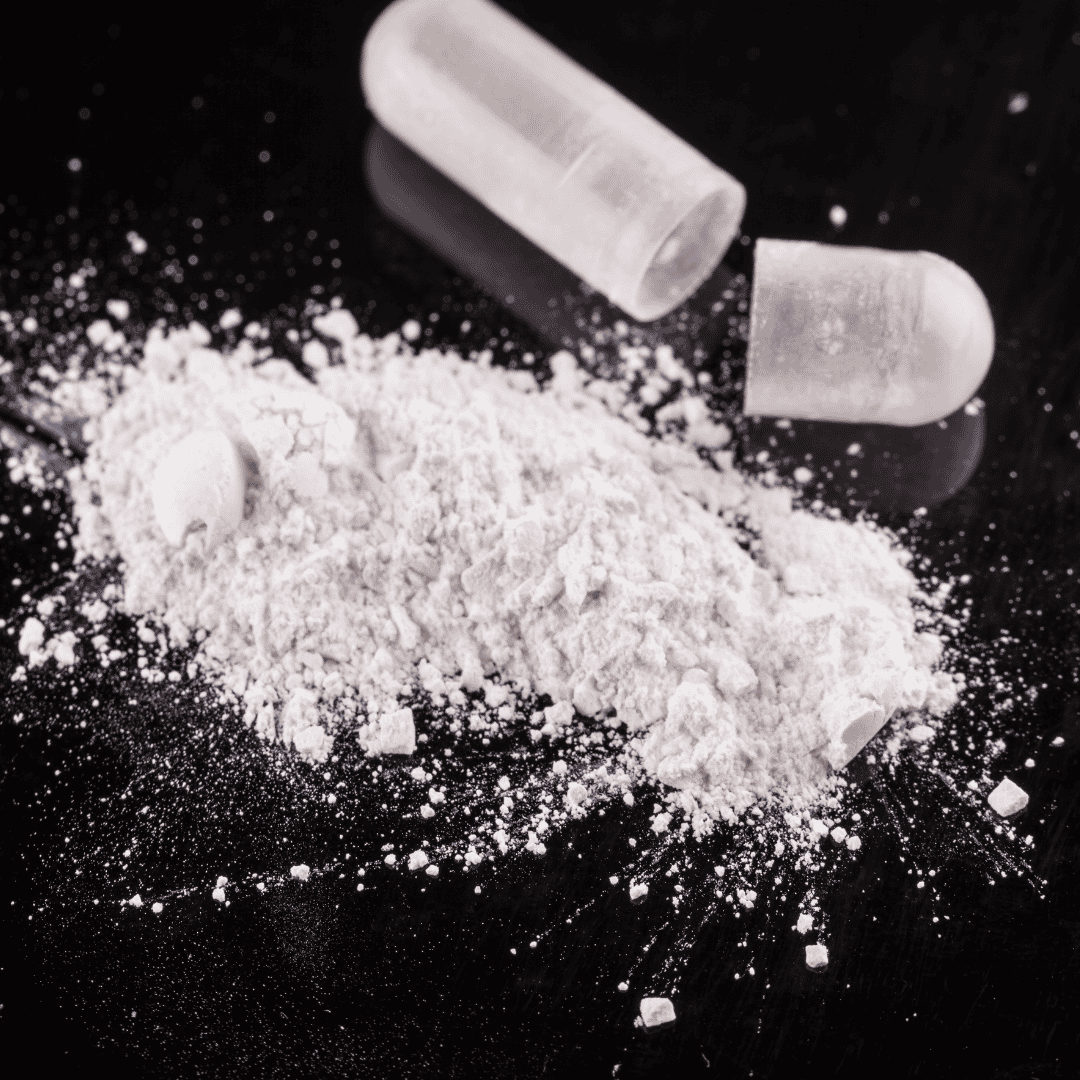
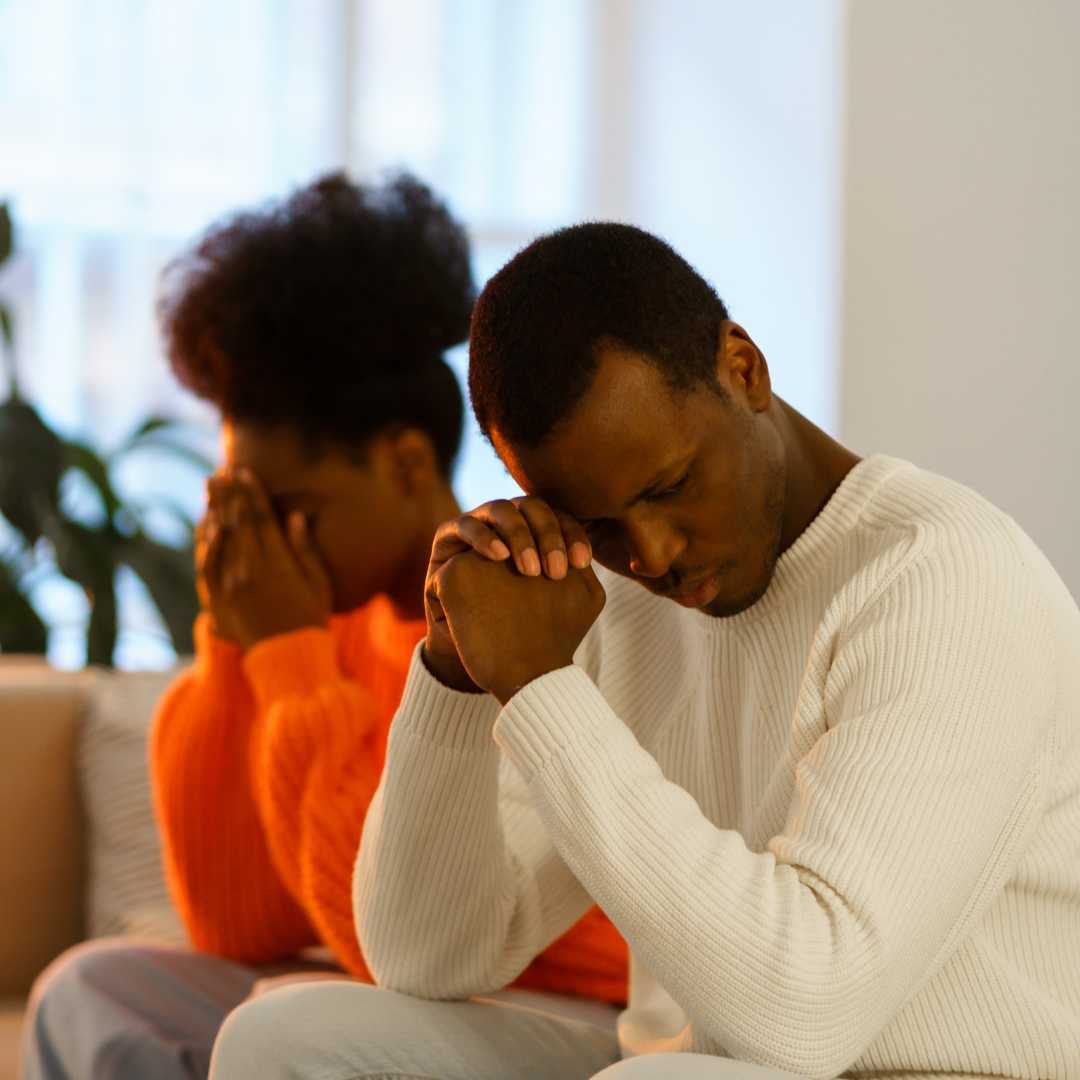



.png)


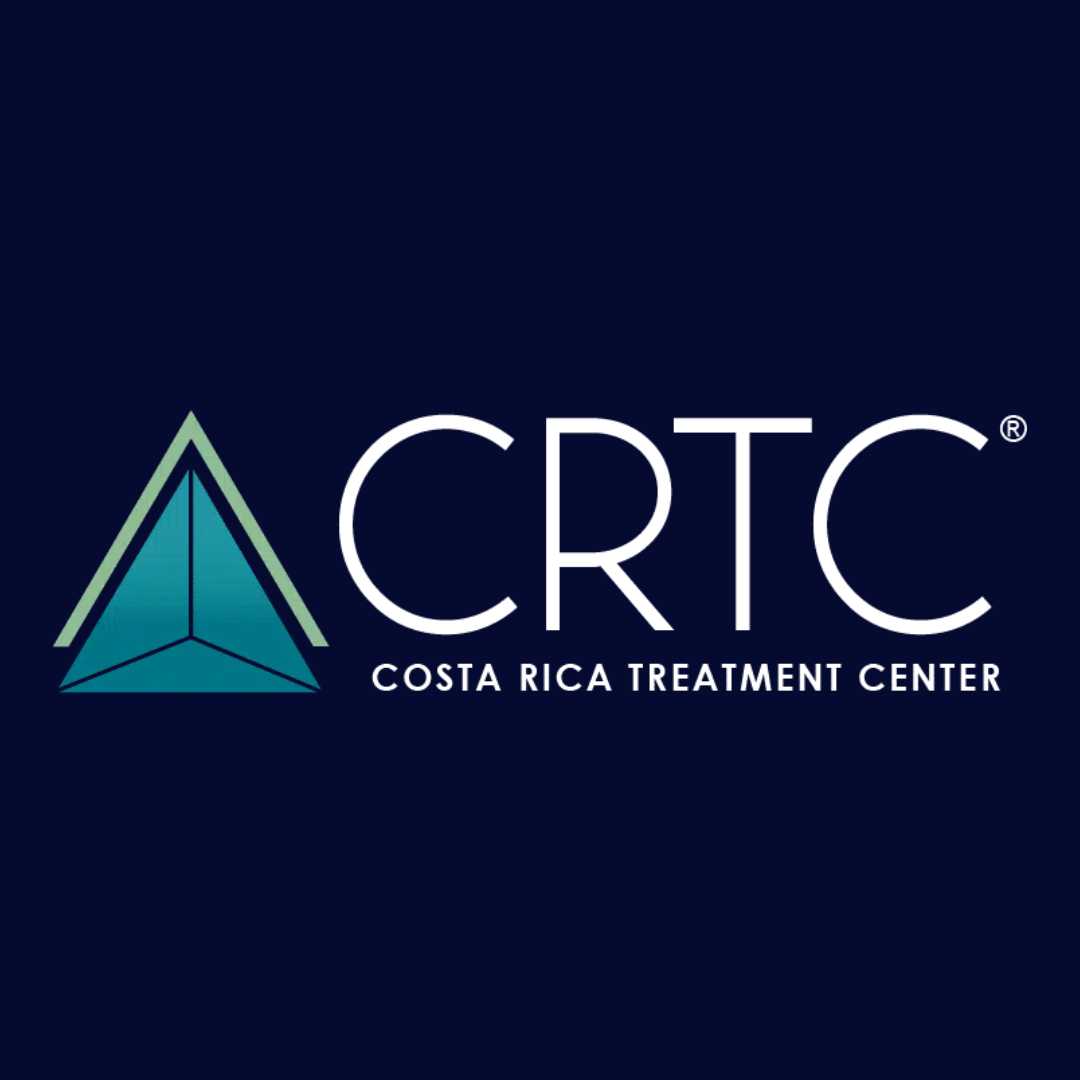
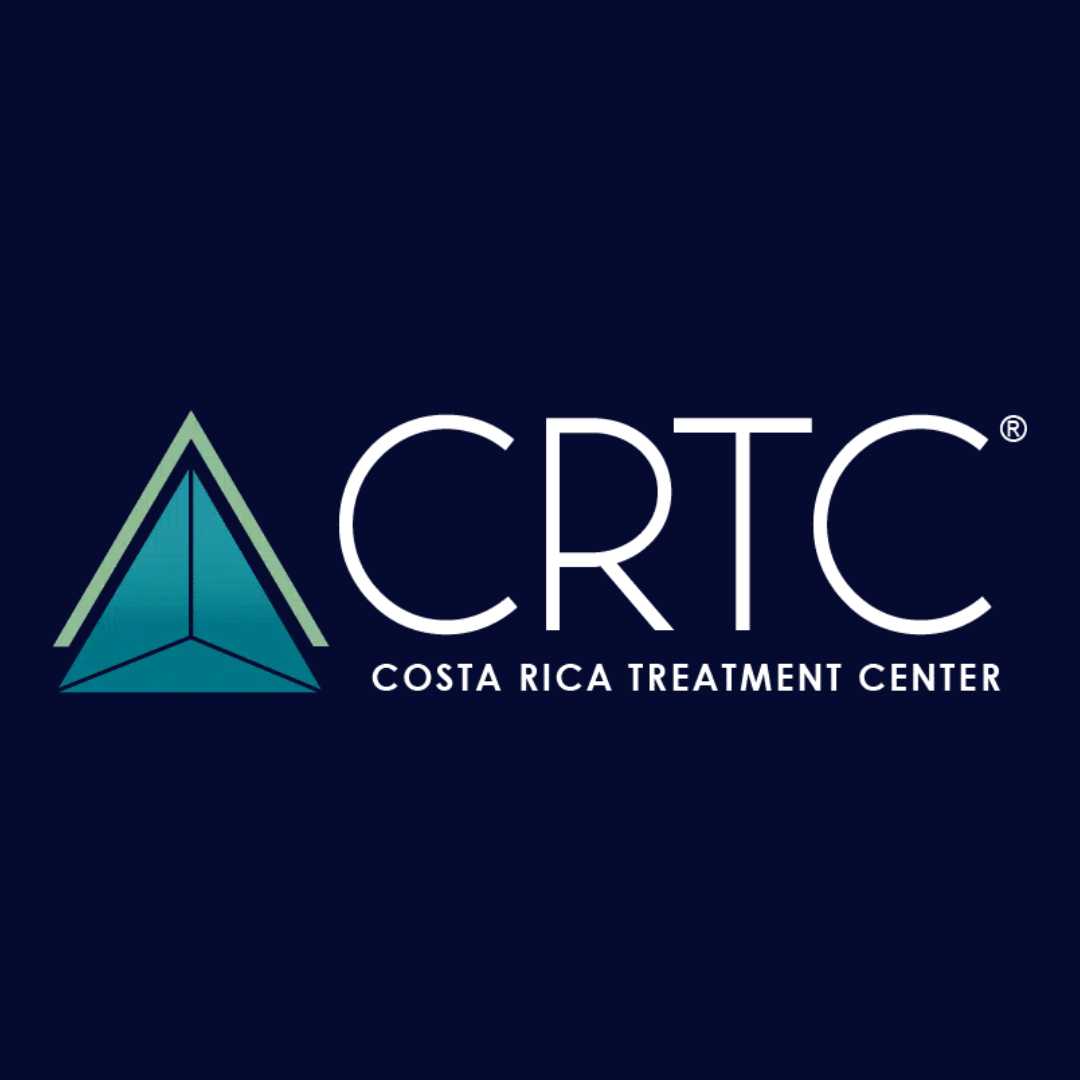
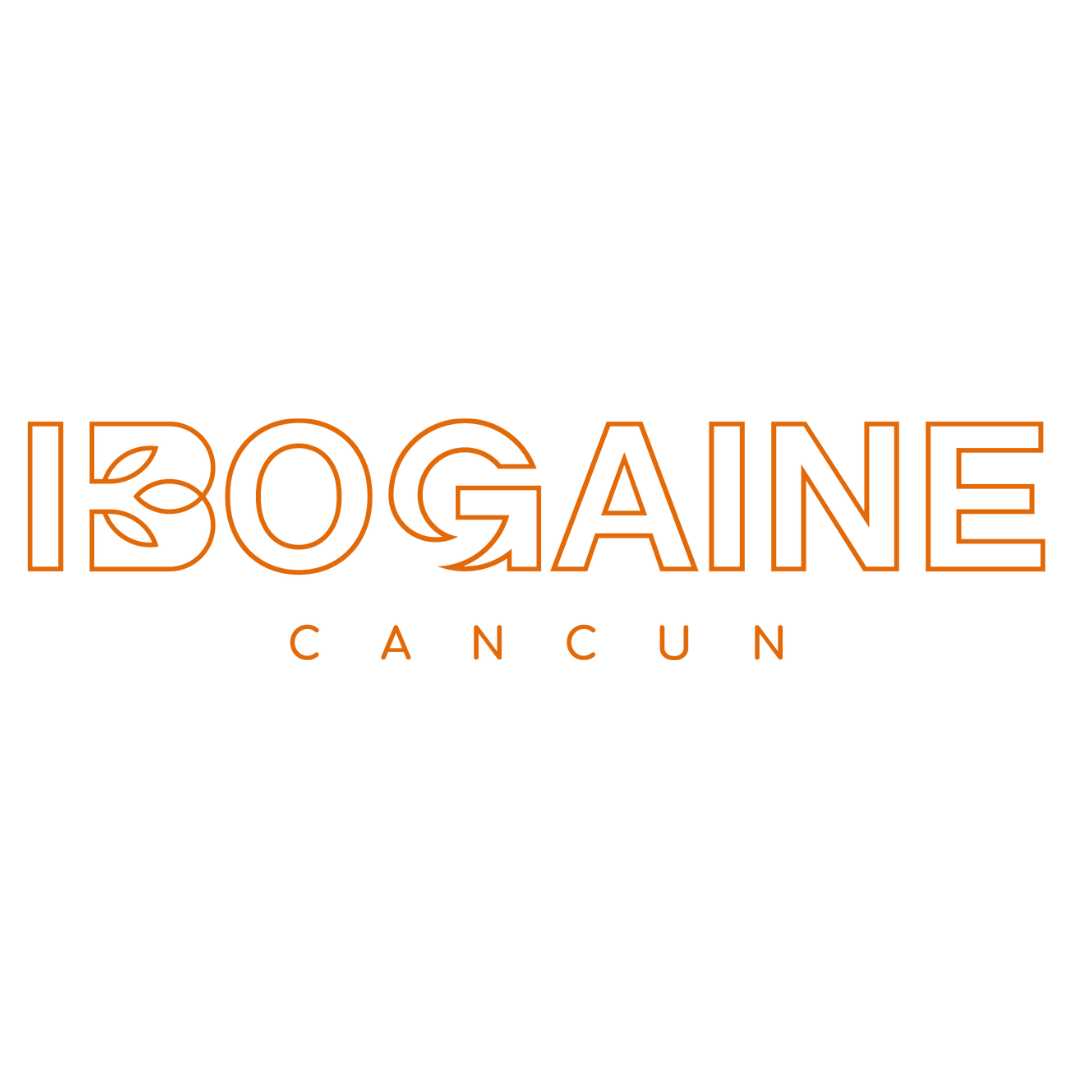
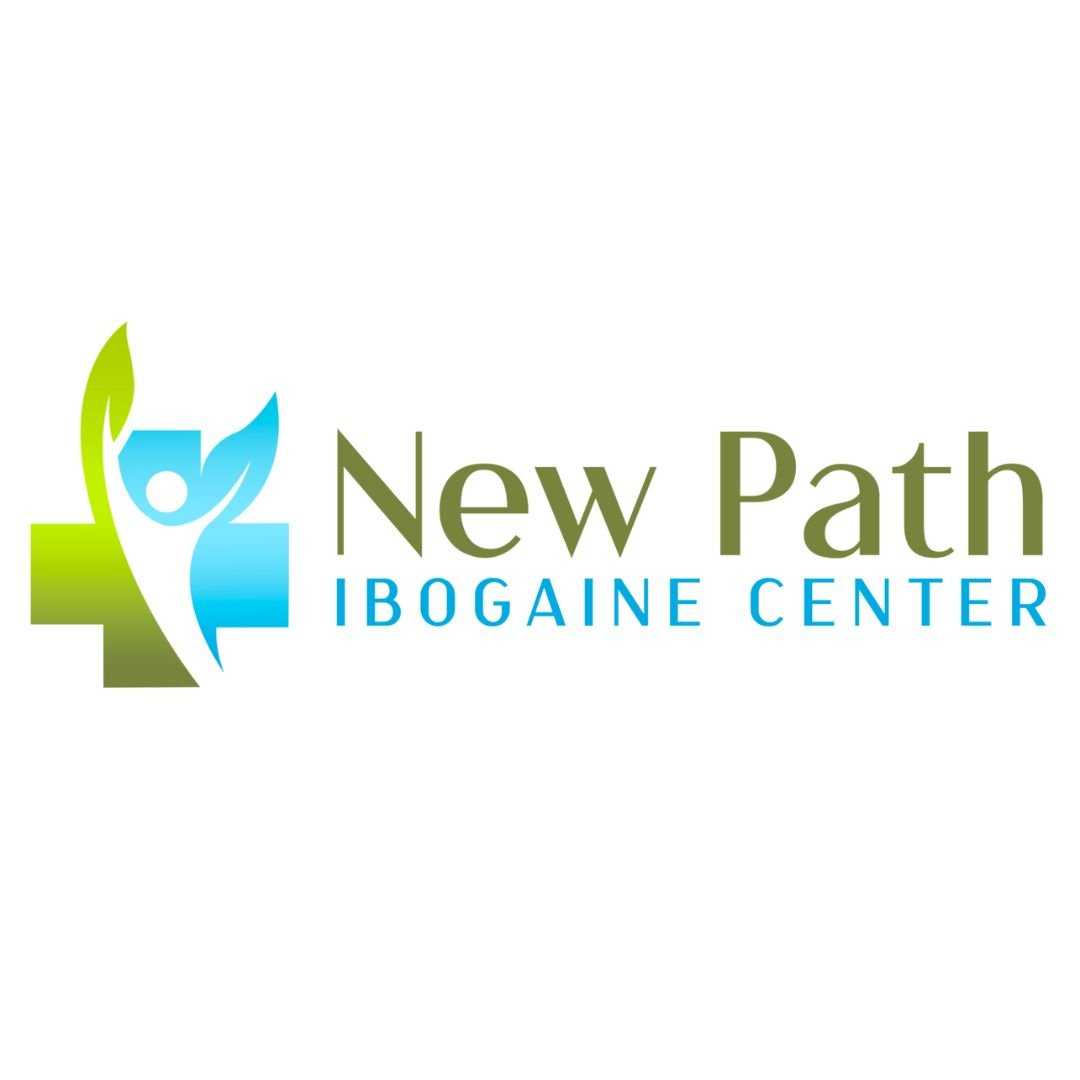

Share this listing